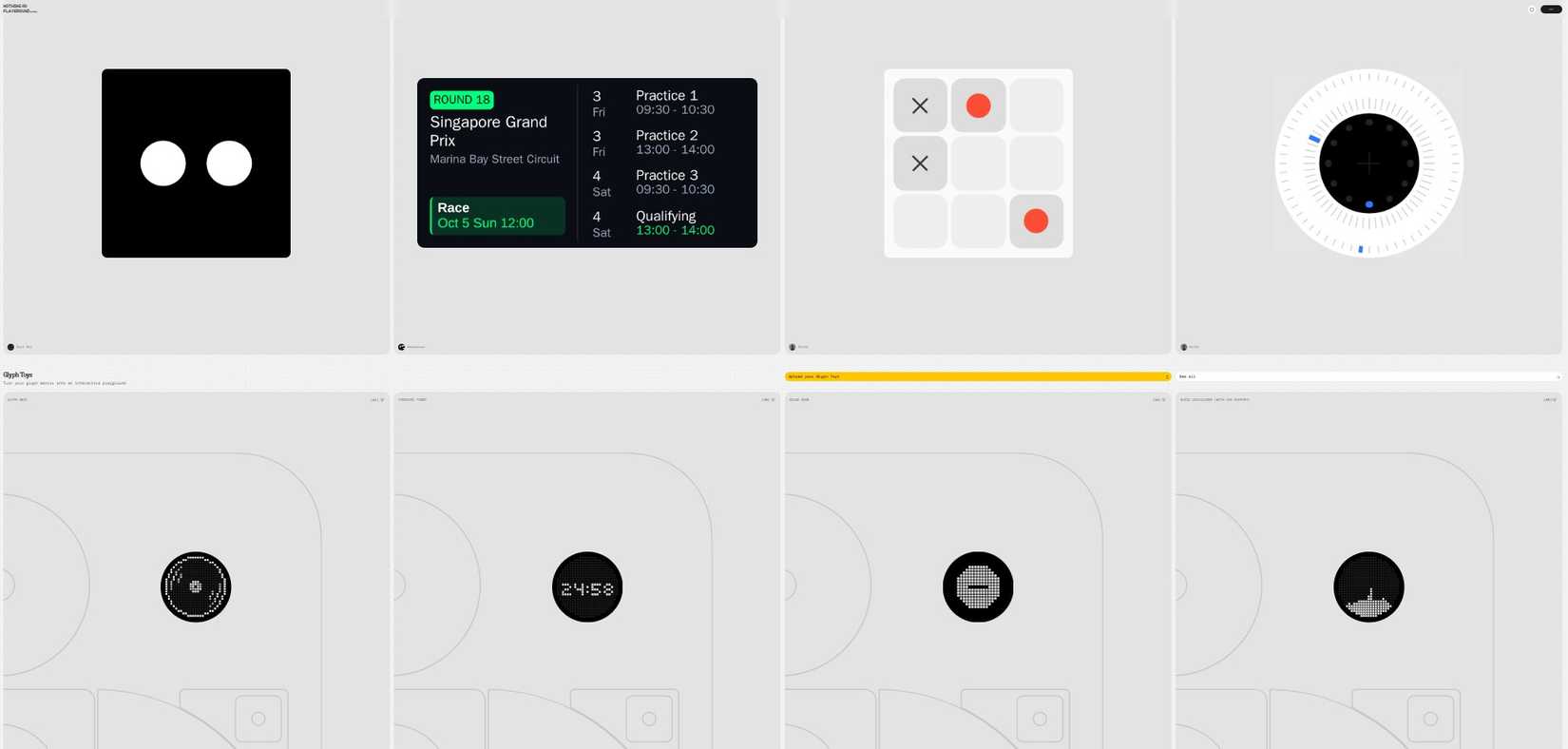Nothing is stepping into the AI spotlight with a new experiment it’s calling Essential Apps and Playground, two features designed to make your phone feel more flexible, personal, and, at least in theory, smarter.
While Carl Pei, the company’s founder, talks about this as the start of an “AI OS” in an interview with The Verge, it’s not a replacement for Android. Instead, it’s a creative layer built on top of Google’s system, where AI takes center stage in how apps are built and used.
The idea is simple but ambitious. You tell the AI what you want, and it creates a mini-app that you can add to your home screen. These Essential Apps work like widgets, such as a countdown timer, a hydration tracker, or a calendar reminder, and you can make them using plain text prompts. They are lightweight and limited for now, but they offer a new way to use your phone.
The companion tool, Playground, serves as a community hub where users can create, edit, remix, and share these AI-generated widgets. For power users, Playground exposes some of the underlying code, so you can fine-tune what AI generates.
Right now, Essential Apps are not full-screen apps because Nothing says the technology is not ready yet. The company sees this launch as a first step, hoping to build an ecosystem before adding more advanced features. For now, only Nothing devices can use these features. The new Nothing Phone 3, with the beta version of Nothing OS 4.0, supports up to six widgets. Older models are limited to two, and the original Phone 1 is not included since it no longer gets major software updates.
A smarter, adaptive phone experience

Pei describes Essential as the umbrella for Nothing’s AI efforts and hints at a longer-term vision where phones could feel more dynamic by adapting layouts, anticipating your needs, and reshaping the experience based on context. He admits that calling it an AI OS is more aspirational than literal. Nothing’s software still relies on Android at its core, but the way AI changes the layer on top is what’s new.
Interestingly, Nothing isn’t charging for any of this yet. The company’s focus is on getting users to play, experiment, and share. Monetization, Pei says, can come later once the ecosystem has momentum.
Alongside Essential Apps, Nothing already offers Essential Space, a collection of AI-powered utilities, including voice note transcription, screenshot sharing, and meeting summaries, although these are similar to what rivals already provide.







